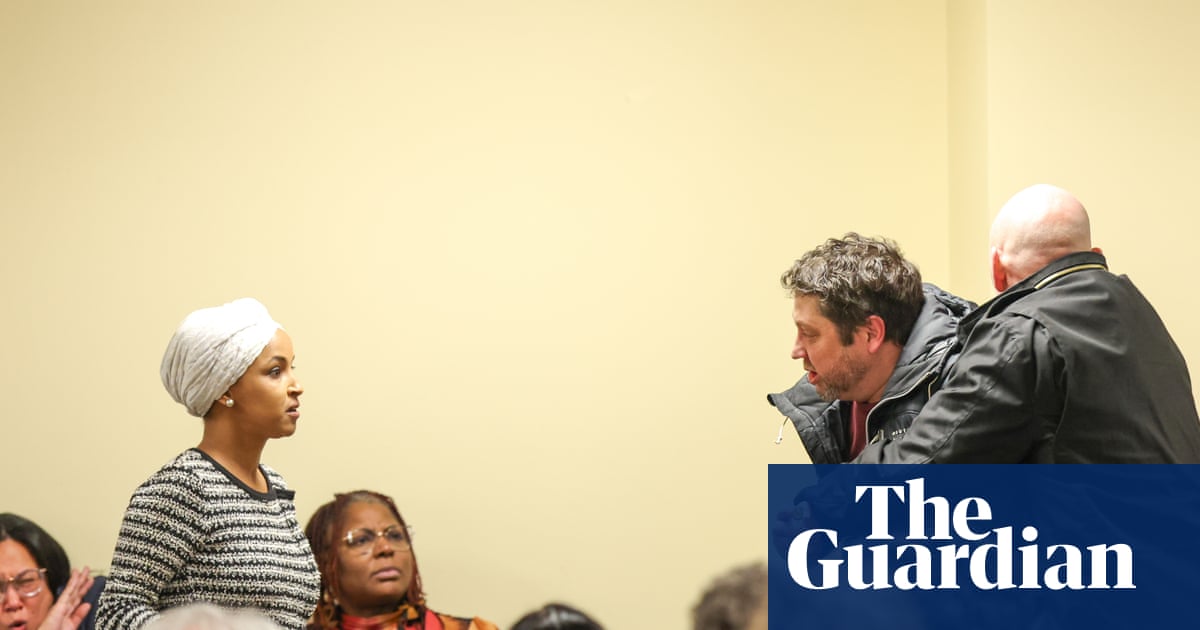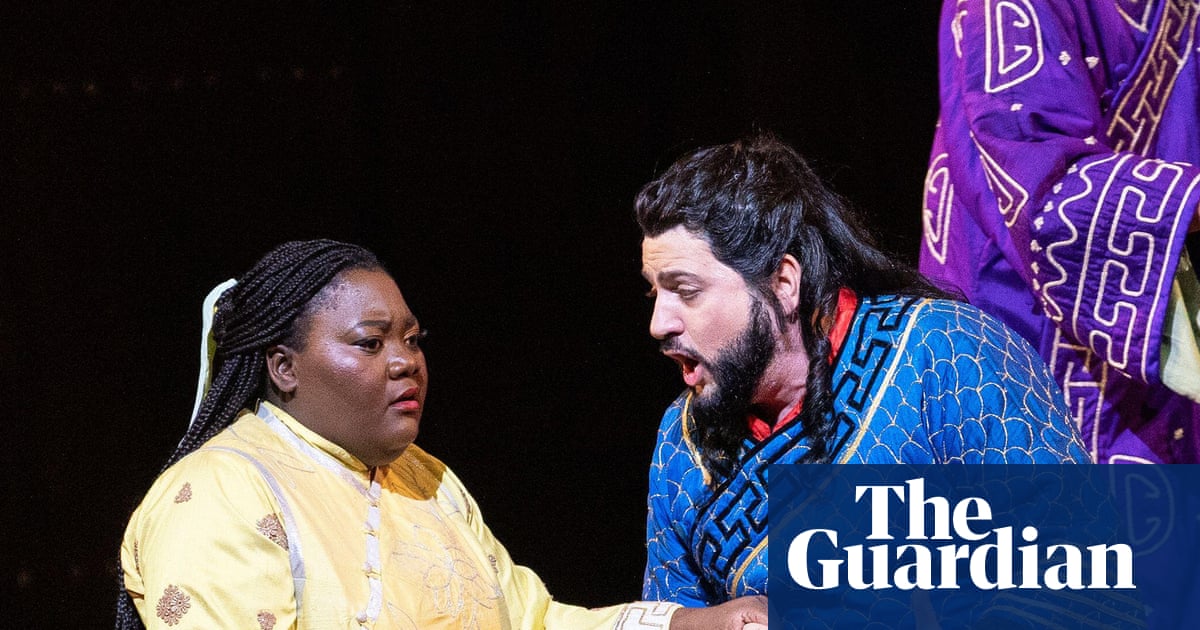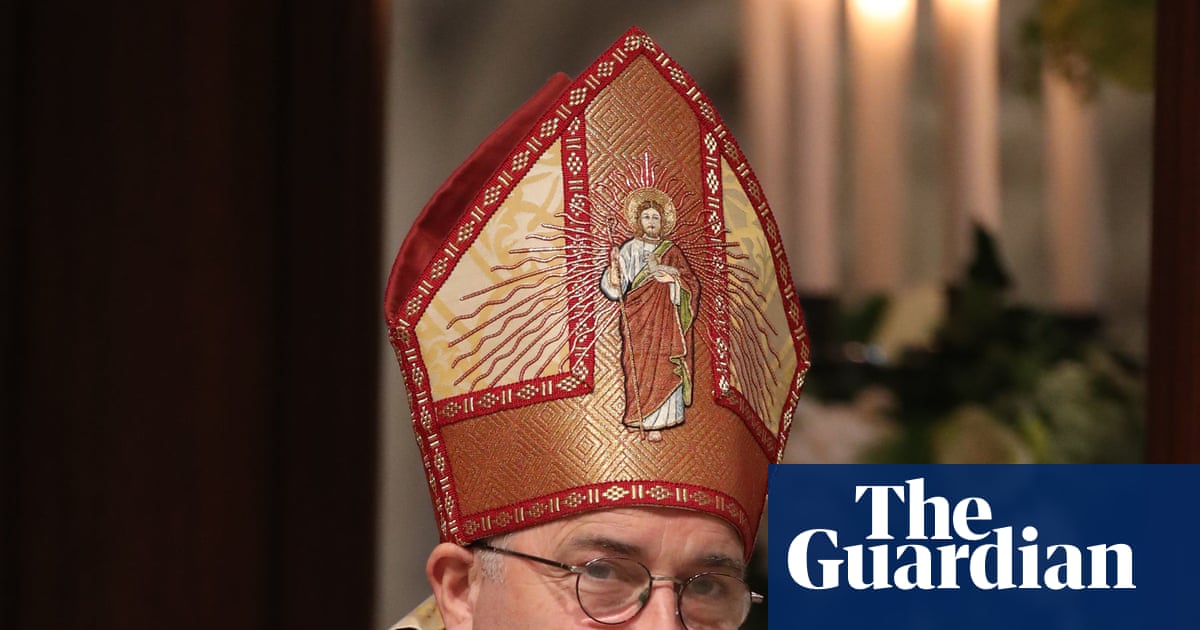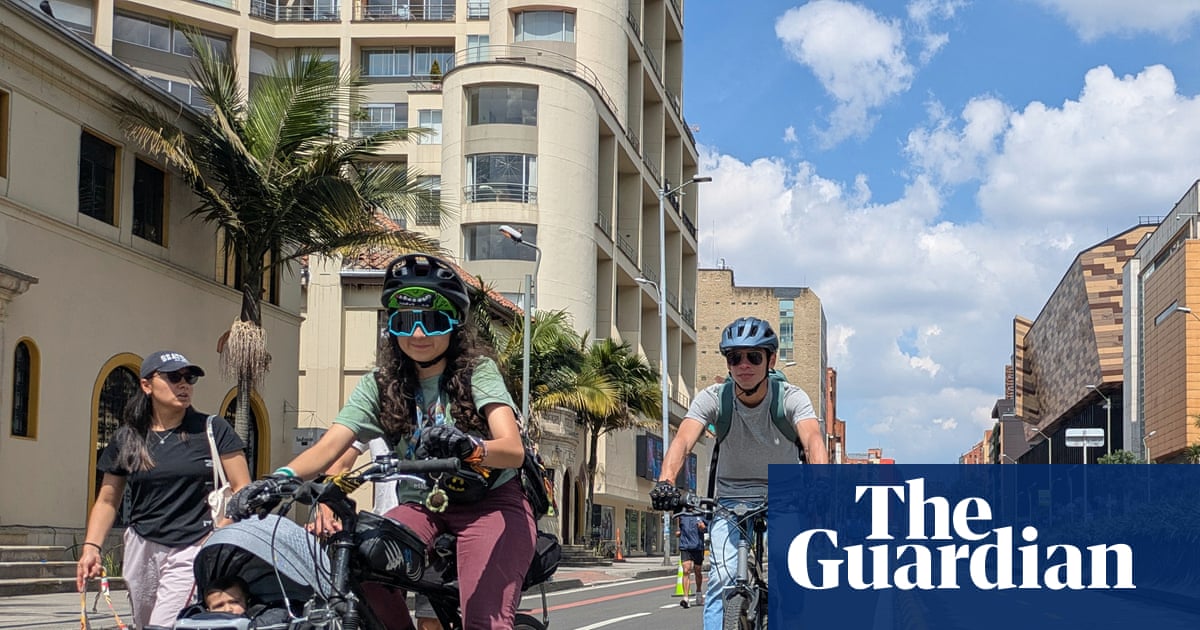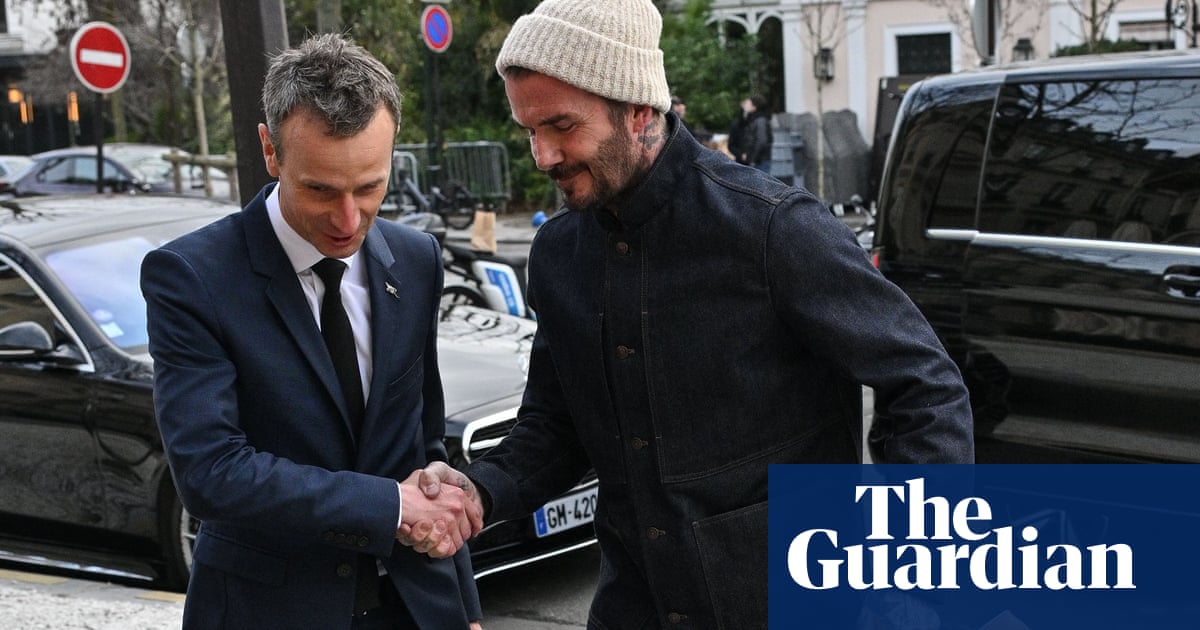The year of 1972 was an extraordinary one for the young Brazilian singer, guitarist and songwriter Lô Borges. Along with his friend Milton Nascimento, he created one of the most celebrated albums in Brazilian music history, Clube da Esquina, featuring many of his compositions. In the same year he also released his first solo album, which gained similar recognition as a Brazilian classic. Borges, who has died aged 73, may not have achieved Nascimento’s international celebrity, but he played a key role in transforming his country’s music.
Clube da Esquina (Corner Club) had its genesis in a group of friends who met up to play and write songs on the corner of Divinópolis and Paraisópolis streets in Belo Horizonte, the state capital of Minas Gerais in the south east of Brazil.
Nascimento was the key figure, as he was 10 years older than Borges, and already developing his extraordinary vocal style, mixing bossa nova, jazz and other influences, while Borges was fascinated with the Beatles. Nascimento left to find success, first when the high-profile Brazilian singer Elis Regina recorded one of his songs, and later when he moved to the US to record. But he had not forgotten his Corner Club friend, and his 1970 album Milton included three collaborations with Borges: Clube da Esquina, Alunar and Para Lennon e McCartney. Borges had been planning to join the Brazilian army, but was subsequently persuaded to follow a very different career.
In 1971 he, Nascimento and other members of the Clube da Esquina began recording their own wildly eclectic music. The lineup included Borges’s lyricist brother Márcio and musicians including Beto Guedes and Toninho Horta, and between them they produced an extraordinary double album of 21 songs that echoed everything from Brazilian styles to rock, church, folk and classical music. Nascimento’s voice dominated, but Borges played a crucial role, co-writing the opening track, Tudo Que Você Podia Ser, and other celebrated songs such as O Trem Azul and Um Girassol da Cor de Seu Cabelo.
The Odeon record label had been sceptical when Nascimento, a rising star, announced that he wanted to share an album with a then-unknown musician, but when they heard the songs that Borges had written they asked him to also record a solo debut. That album, Lô Borges, featured a pair of well-worn tennis shoes on the front cover and became known as “disco de tênis” or “the sneaker album”.
The album was largely spontaneous – he would sometimes write a song in the morning and record it the same day. Backed by musicians including Guedes and Horta, he mixed Brazilian music with rock and psychedelia, creating songs such as the slinky Você Fica Melhor Assim, the gently tuneful Cancão Postal and Aos Barões, the last of which later inspired the 2018 Arctic Monkeys album Tranquility Base Hotel & Casino.
Borges’s record company wanted to launch him as a major pop star, but he refused to comply. Exhausted from the sessions, he hitched a ride northwards to Bahia, living a hippy lifestyle there before returning to his native Belo Horizonte so that he could “go home to life on the street corner”.
From then on his recordings became more sporadic. He contributed songs to Clube da Esquina 2 (1978), and recorded a second solo album, A Via-Láctea, in 1979. He also released four albums in the 1980s and 90s, including the jazz-edged Nuvem Cigana (1982).
In 2003 Borges worked with the Brazilian band Skank, co-writing their song Dois Rios. His own later releases included Horizonte Vertical (2011), which included two contributions from Nascimento. He became increasingly prolific towards the end of his life, releasing a new album every year from 2019 onwards. Céu de Giz, recorded with the singer-songwriter Zeca Baleiro was released in August 2025, and according to his brother there are other albums, still unreleased.
Born Salomão Borges Filho – and known at Lô – he was the sixth of the 11 children of Salamão and Maria Fragoso Borges. He started playing guitar at the age of seven and formed his first band, Os Beat Boys, as a teenager inspired by the Beatles.
He was 10 when he first met Nascimento in the street, as he was on his way to buy groceries for his mother. Nascimento taught him guitar and composition, while in return Borges introduced him to his Beatles albums, and to his brother and friends. They started to play in the street, and the Clube da Esquina collective was born.
One of Borges’s final performances took place on the same street corner, strumming his electric guitar and wearing a Beatles T-shirt.
He is survived by a son, Luca.

 2 months ago
75
2 months ago
75


